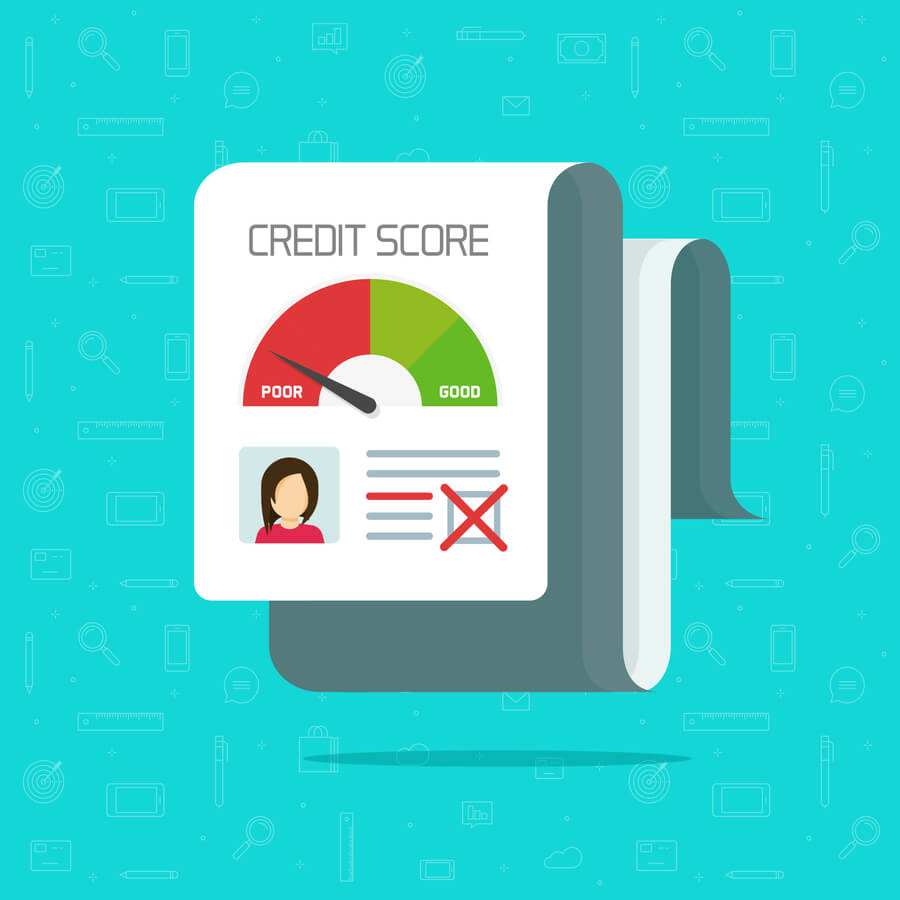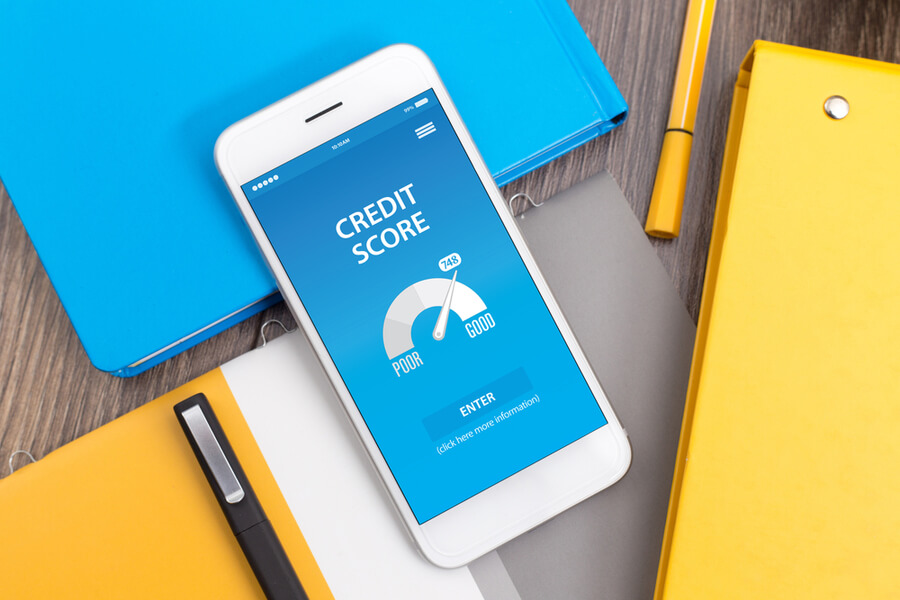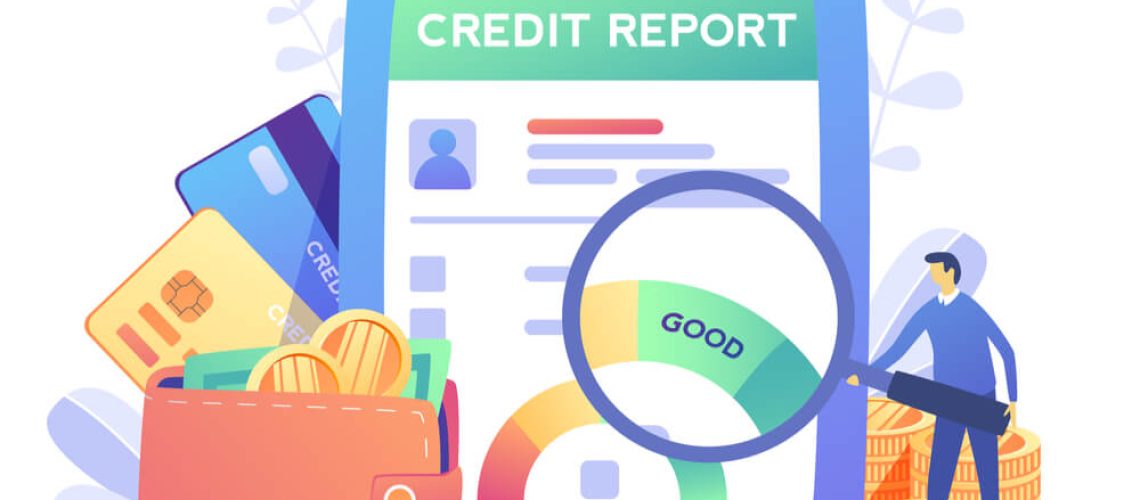Whether you’re applying for a new pre-paid phone plan, personal loan for a car, home loan and more – you’ll undergo a credit check. Credit checks are straightforward and standard procedure for anyone taking out a loan or pursuing a line of credit. What is a credit check though? How can it impact on you?
Why Are Credit Checks Done?
Credit checks are simply a means for a lender or financial institutions to do their due diligence in ensuring you can service the loan or line of credit. They review your previous financial history and check for any defaults or poor payment history. This gives the lender an idea of how responsible you are and how likely you are to repay the loan and stay on track.
Credit checks are not just done by lenders, utility companies, phone providers and even potential employers can run credit checks. Knowing ‘what is a credit check?’ and its importance for your financial future can help you make better decisions.

What Is A Credit Check?
A credit check is performed whenever you are entering into a financial agreement. This could be for a loan, credit card application, phone contract or even for a payment scheme such as Afterpay. A company does not require your consent to undertake a credit check, but they do need to have a legitimate reason.
A credit check will score you somewhere between zero and 1200 depending on the credit agency that reviews you. Different agencies may have different information on file, so if you are reviewing your credit history you may need to check with a few to get the full picture.
Your score is calculated using a mathematical algorithm that reviews key information relevant to your credit history, namely your:
- Payment history
- Amount of debt
- Age of credit accounts (credit history)
- Mix of credit accounts
- New credit inquiries
The lower the score the less likely you will gain approval for the loan or line of credit. If you are approved you may experience higher interest-rates and strict conditions. The higher it is, the more likely you’ll gain approval and the better your bargaining power.

Types of Credit Checks
There are two types of credit checks, soft and hard.
Soft credit check
A soft credit check is an initial check that doesn’t delve deeply into your financial affairs. It gives a general indication to companies of how successful your application may be in you proceed. Soft credit checks do not impact on your score and do not show up on a credit report.
Searching your own credit report is considered a soft credit check. This is helpful as it allows you to review your credit history prior to making new applications. You can also review your progress if you’re aiming for improvement.
Hard Credit check
A hard credit check is a complete search on your credit history. These are performed when you make a formal application for a loan, credit card, utilities connection etc Hard checks are visible on your credit report and each check lowers your credit score. If you do not get approval for a loan, do not apply for more loans until you understand the reason behind the refusal. Doing so could further damage your credit score.
What Happens If My Credit Check Shows Poor Credit History?
If you are unable to gain approval from a company doing a hard credit check, you’ll need to look deeper into what is a credit check. This will enable you to make some changes with the aim of raising your credit score so that you can have a successful application process for future loans. Some steps you can take to improve your credit score and ensure its ongoing health are:
- Dispute inaccuracies. Make sure all details and amounts are correct.
- Lower any existing credit card limits and keep their balances low.
- Pay your bills on time, every time.
- Pay your rent and/or mortgage on time.
- Pay your credit card on time and in full or in excess of the minimum required each month.
- Avoid applying for or opening any new lines of credit.
- Don’t close unused credit accounts, open accounts with zero balances look favourable.
Overall, time is your best friend when it comes to credit scores. Implementing good credit habits and waiting for past damage to no longer show on your report is ideal. If you are in need of finance fast, then there is such a thing as no credit check loans and bad credit loans. However, these often come with higher interest rates than standard loans.
However, if you don’t have time, or don’t mind paying to have your credit repaired then the credit repair process is an affordable and effective solution. Talk to Clean Credit and get help here.

Take Charge of Your Credit Report
Don’t be left wondering what is a credit check and stressing about its possible outcomes. We can all make mistakes and damage our credit rating. The main thing to remember is that it is recoverable. It just takes, time, attention and at times, expert help.
If you have discovered your credit report is damaged and require help or guidance to get back on track, contact the experts at Clean Credit today.

